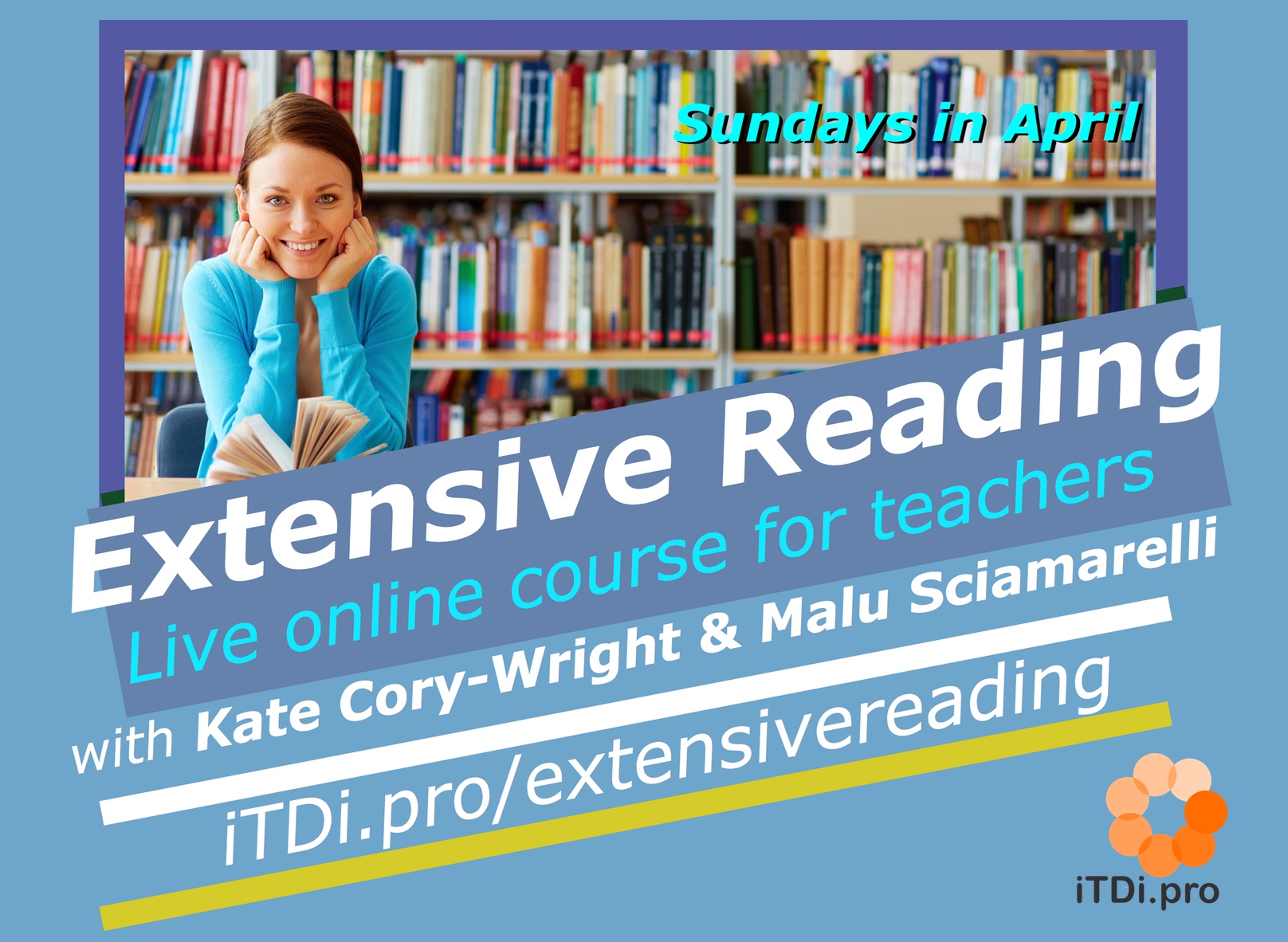
The Power of Professional Development
by Chris Mares.
In November 2017 I attended Colorado TESOL as a featured speaker and returned to Maine inspired, energized, and ready to hurl myself back into my teaching and writing with even more energy and enthusiasm than usual.
There is nothing quite like teacher energy, particularly at conferences and workshops. There we all were for two days sequestered in the Radisson South East, in Denver, surrounded by freeways and concrete, doing what we love – sharing our stories, listening for ideas, giving inspiration, pawing through texts, meeting new people, reconnecting with old friends, and realizing that what we have chosen to do is meaningful and worthwhile.
I was gripped by Andy Curtis’s pertinently brilliant talk on teaching as a political act and Dorothy Zemach’s artful commentary on music, metaphor, and teaching. Maggie Sokolik brought me down to earth with her pragmatic insights into writing, students, and classroom practice. Finally, the gifted and lyrical Thomas Healey, in the final session, had us all dancing The Chicken while revealing how it is possible for teachers to be in two places at one time.
I took frantic notes and my head span with ideas.
And I was in Denver, far from Maine, sitting at breakfast with a group of wonderful teachers attending their first conference. One was going to give her first ever presentation and our table hummed with supportive energy.
A month earlier I had been in Japan observing teachers in middle schools in Aomori Prefecture. It was wonderful to see how far along public school teaching has come since I had lived in Japan, twenty years previously.
I even managed to inspire myself with my own talk on using teachers’ anecdotes and stories as material for classroom use.
What a giving lot teachers are. There is so much sharing of materials and ideas, so much time spent supporting and advocating for students.
I listened to teachers talk of the work they do with immigrants and refugees. I was moved to my core by the lengths teachers go to on behalf of their students in various parts of Colorado.
Then, of course, there was the joshing and banter. Andy Curtis, who said to me, “Great presentation. So old school. No handouts, no power point, glasses up and down like a yoyo, get some gosh-darned bi-focals.” He had a point.
On the plane back to Maine, I looked down at the towns below thinking of all the teachers there are in the US and around the world. All of us trying to make a difference. And in these times of political despair, it struck me that we have a duty to do what we do as well as we can and to model acceptance and tolerance. We are in a position of power where we can inspire and motivate our students to become the best they can be, not only for themselves but for each other and for us. For the world.
And so I look forward to TESOL in Chicago in March of this year, and IATEFL in Brighton, in April. I know I will see familiar faces and meet new people, and return to Maine with that fresh feeling of wanting to make a difference.
In a good way.


